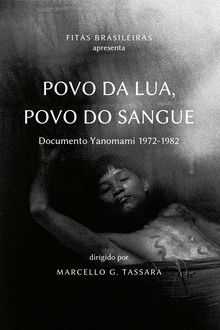Jamie Johnson takes the exploration of wealth that he began in Born Rich one step further. The One Percent, refers to the tiny percentage of Americans who control nearly half the wealth of the U.S. Johnson's thesis is that this wealth in the hands of so few people is a danger to our very way of life.
Related Movies
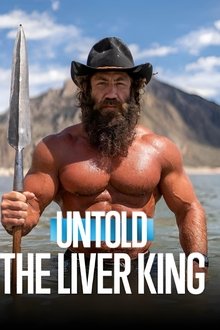
Untold: The Liver King (2025)
He built a supplement empire by devouring raw meat on social media. And he had the muscles to prove it. But, really, how did the Liver King get so huge?

Capitalism Hits the Fan (2009)
With breathtaking clarity, renowned University of Massachusetts Economics Professor Richard Wolff breaks down the root causes of today's economic crisis, showing how it was decades in the making and in fact reflects seismic failures within the structures of American-style capitalism itself. Wolff traces the source of the economic crisis to the 1970s, when wages began to stagnate and American workers were forced into a dysfunctional spiral of borrowing and debt that ultimately exploded in the mortgage meltdown. By placing the crisis within this larger historical and systemic frame, Wolff argues convincingly that the proposed government "bailouts," stimulus packages, and calls for increased market regulation will not be enough to address the real causes of the crisis, in the end suggesting that far more fundamental change will be necessary to avoid future catastrophes.
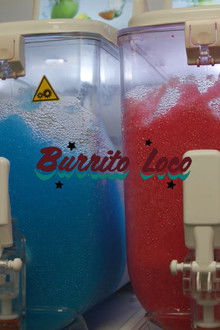
Burrito Loco (2025)
A short look into an independent Mexican eatery in Surrey and the characters who work there.

Brains in Danger (2017)
For the past 20 years, the world has seen an alarming decrease in IQ and a rise of autism and behavioral disorders. This international scientific investigation reveals how chemicals in objects surrounding us affect our brain, and especially those of fetuses.

Polanski, Horowitz. The Wizards From the Ghetto (2021)
Filmmaker Roman Polanski and photographer Ryszard Horowitz meet in Kraków, Poland, where, strolling the streets, they share memories of their childhood and youth, the hardest days of their lives, when, during World War II, they met in the ghetto established by the Nazi occupiers.
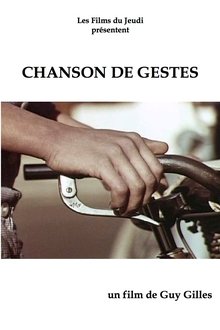
Chanson de gestes (1966)
Choreography of familiar gestures that the author was able to spice up with a peculiar and original perspective.

Collapse (2009)
From the acclaimed director of American Movie, the documentary follows former Los Angeles police officer turned independent reporter Michael Ruppert. He recounts his career as a radical thinker and spells out his apocalyptic vision of the future, spanning the crises in economics, energy, environment and more.

The Corporation (2003)
Since the late 18th century American legal decision that the business corporation organizational model is legally a person, it has become a dominant economic, political and social force around the globe. This film takes an in-depth psychological examination of the organization model through various case studies. What the study illustrates is that in the its behaviour, this type of "person" typically acts like a dangerously destructive psychopath without conscience. Furthermore, we see the profound threat this psychopath has for our world and our future, but also how the people with courage, intelligence and determination can do to stop it.
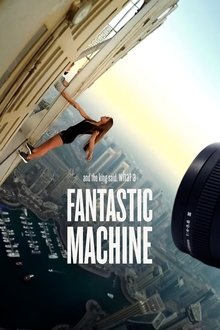
And the King Said, What a Fantastic Machine (2023)
From the first camera to 45 billion cameras worldwide today, the visual sociologist filmmakers widen their lens to expose both humanity's unique obsession with the camera's image and the social consequences that lay ahead.

Twenty Two (2017)
Follow the lives of the elderly survivors who were forced into sex slavery as “Comfort Women” by the Japanese during World War II. At the time of filming, only 22 of these women were still alive to tell their story. Through their own personal histories and perspectives, they tell a tale that should never be forgotten to generations unaware of the brutalization that occurred.
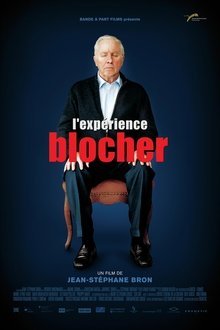
The Blocher Experience (2014)
The Blocher Experience tells the story of Switzerland’s most controversial political leader. It also chronicles the face-to-face encounter between a film-maker and a man of power, through a year of exclusive, up-close interviews and access to his private life.
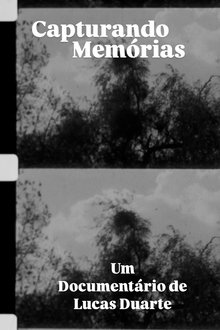
Capturing Memories (2027)
Time passes, slips away, dissolves. But what if we could hold it for a moment? "Capturing Memories" is a dive into the essence of the inconsistent, an invitation to reflect on the importance of preserving moments before they are lost in oblivion. Through visual fragments, the documentary reveals how small scenes of everyday life carry echoes of the past and seeds of the future. In a world where everything passes, what really remains? This film is a tribute to the art of immortalizing the moment, to the beauty of seeing beyond the present and to the need to give meaning to what may one day become a memory.

49 Up (2006)
49 Up is the seventh film in a series of landmark documentaries that began 42 years ago when UK-based Granada's World in Action team, inspired by the Jesuit maxim "Give me the child until he is seven and I will give you the man," interviewed a diverse group of seven-year-old children from all over England, asking them about their lives and their dreams for the future. Michael Apted, a researcher for the original film, has returned to interview the "children" every seven years since, at ages 14, 21, 28, 35, 42 and now again at age 49.In this latest chapter, more life-changing decisions are revealed, more shocking announcements made and more of the original group take part than ever before, speaking out on a variety of subjects including love, marriage, career, class and prejudice.
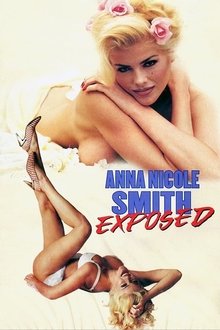
Anna Nicole Smith: Exposed (1998)
A fictionalized day in the life of Anna Nicole Smith, revealing her innermost thoughts on the people (friends, servants, lawyers, photographers) and events (photoshoots, bathing, sexual exploits) that make up her life.

Nos deux Marseillaises (2001)
Two daughters of North African immigrants, born in Marseilles, who are barely over thirty years old, take part in the political battles and local elections: Nadia Brya in the cantonal elections, and Samia Ghali in the municipal ones.
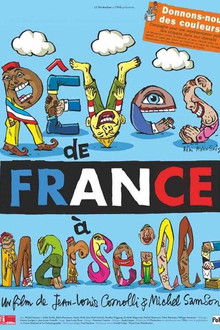
Rêves de France à Marseille (2003)
In June 1999, Jean-Claude Gaudin organized a great popular festival, "La Massalia", to celebrate all the communities that make up Marseilles and to show the desire of thousands of people from elsewhere to be Marseillais. A radiant rainbow. Less than a year later, in March 2000, the municipal campaign began: what about this new state of mind that seemed to be blowing over Marseilles' political life? Does it find a translation in the political sphere? How many children of recent immigration would be in an eligible position and would eventually be elected among the 101 municipal councilors?
